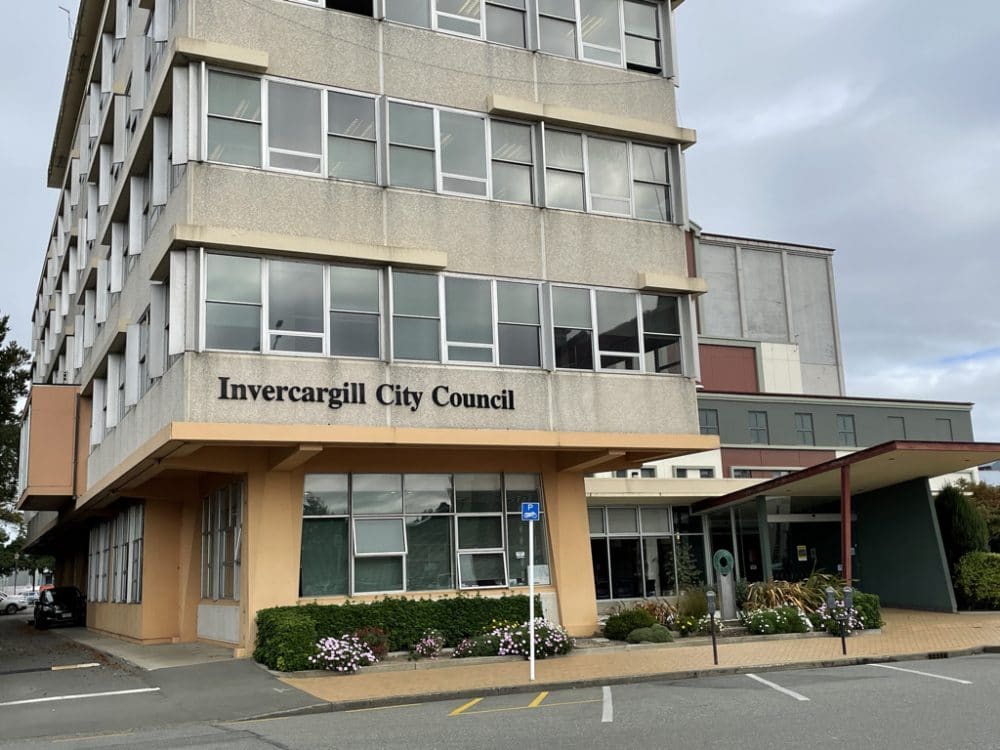Invercargill Deputy Mayor Nobby Clark maintains the real issue with the Three Waters reforms is the fact the Government hasn’t withdrawn its co-governance model, despite now giving councils a non-financial shareholding.
This effectively means that mana whenua (with a population base of 5%), would have a 50% stakeholding, and he believes this was unfair.
Local Government Minister Nanaia Mahuta on Friday confirmed the Government will create four publicly owned water entities to ensure every New Zealander has access to affordable, long-lasting drinking, waste and storm water infrastructure without ballooning costs to households and families.
It is estimated $185 billion is needed to fix, upgrade and maintain New Zealand’s water services over the next 30 years, to ensure that critical water infrastructure is maintained.
“New Zealanders simply cannot afford to follow the status quo facing costs of between $1900 and $9000 over the next 30 years, depending on location. Under reform proposals with four entities those figures significantly reduce to between $800 and $1640, saving each household thousands of dollars,” she said.
Currently 43 of the 67 councils do not have the revenue to cover their water services operating expenditures at the moment, let alone once the infrastructure starts failing – but Invercargill is not one of these.
Nobby said back in December, the Three Waters reforms “takes an absolute sledgehammer” to a relatively easy problem.
Councils had previously been promised the right to opt-out of the reforms, but that was no longer the case, and Mayors around the country have since been angry about this.
Mahuta come back saying that any concerns from councils that this was a confiscation of their assets was misplaced.
She said councils would continue to own their water assets alongside other councils within an entity.
But the Taxpayers Union said in a statement released on Friday, that Mahuta was being deceitful with the local council non-financial shareholdings.
“Regardless of their shareholdings, councils will still be stripped of all the crucial rights of control that are usually associated with ownership. Councils won’t be allowed to receive a return from the water entities, yet that is specifically allowed for mana whenua groups. Ratepayers will no longer own the assets in any meaningful sense,” campaign manager Louis Houlbrooke said.
Mahuta said work is underway to establish a working group of local government, iwi and water industry experts to work through elements of entity design. The group will work through the enhancements to entity design and look at the governance and accountability arrangements of the entities, as well as provide an opportunity for public participation and consultation.
“It is a bottom line for the government that the entities remain in public ownership,” she said.
“We will continue to work with councils and ensure that local participation is evident in the critical next phase.
Nobby said having a 50:50 split between local council and local iwi was unfair because councils represent all Maori, “so why should local iwi (mana whenua) have an alternative voice?”
“This is He Puapua by stealth and like the new Maori Health Agency. This is an alternative and will achieve little but more costs and bureaucracy.”
Mahuta said she would be introducing legislation to progress the establishment of the entities and the Select Committee process will provide an opportunity to get public feedback on the reforms.


